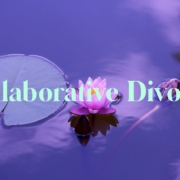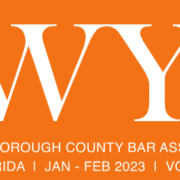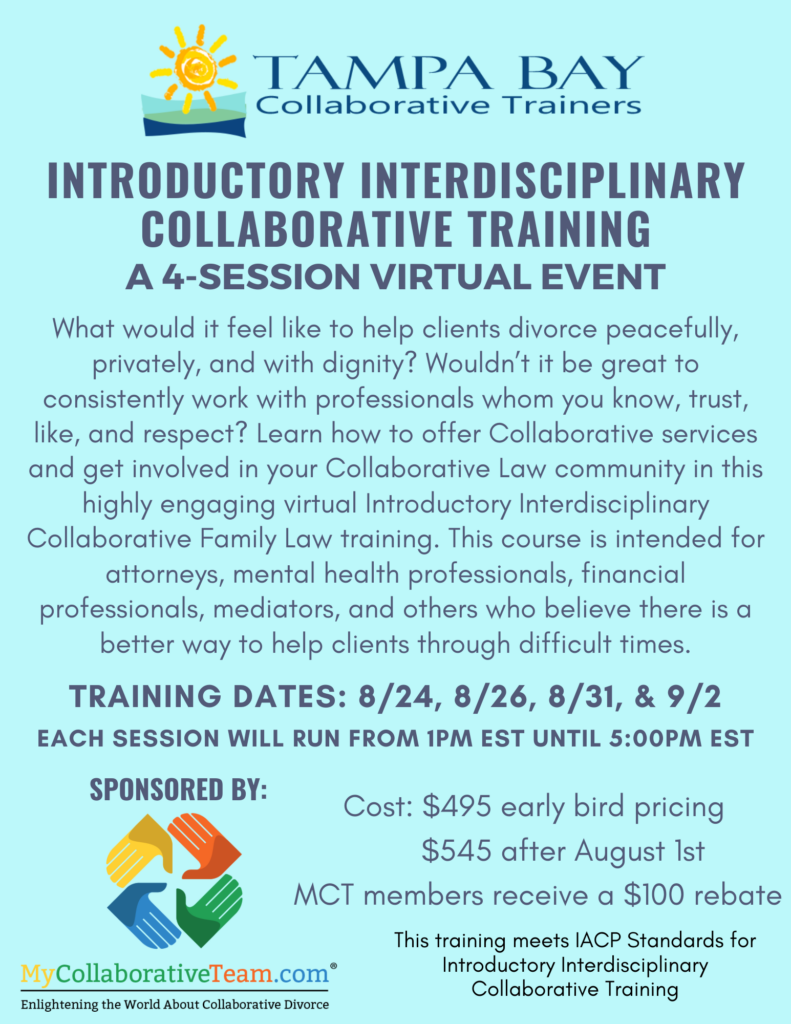Reality Check: Collaborative Divorce is Still Divorce
I am a huge proponent of the Collaborative Divorce process. It offers more privacy, more support, and less fighting than a traditional court-based divorce. But I think there is a misperception of the process because it has the term “Collaborative” in it. Collaborative does not mean easy. It is still divorce, and divorce is tough. This post explains Collaborative Divorce, provides a reality check on challenges, and also explains why everyone facing a family law issue should still look into it.
What is Collaborative Divorce?
Collaborative Divorce (also known as Collaborative Family Law, Collaborative Practice, and the Collaborative Process) starts with a simple premise: your private family disputes should not be resolved in a public courthouse. But, still, you and your spouse should have access to separate, independent legal advice to help you make decisions in one of the toughest moments of your life that will affect the rest of your life.
So both you and your spouse have separate lawyers in a Collaborative Process. But unlike traditional attorneys, we Collaborative Lawyers focus solely on helping you reach an out-of-court agreement. This means that no time, energy, or money will be focused on gearing up for a court battle. The Collaborative Lawyers’ interests are aligned with your interests: If we help you reach an agreement, we succeed; if the lawyers cause unnecessary fighting and you are unable to reach an agreement, we get fired (this is known as the “Disqualification Clause“).
Fortunately, the vast majority of Collaborative Divorce matters come to a full resolution. In my experience, 90%+ of Collaborative matters have concluded with a full agreement in place. So though we can never guarantee that you and your spouse will reach an agreement, chances are that you will.








